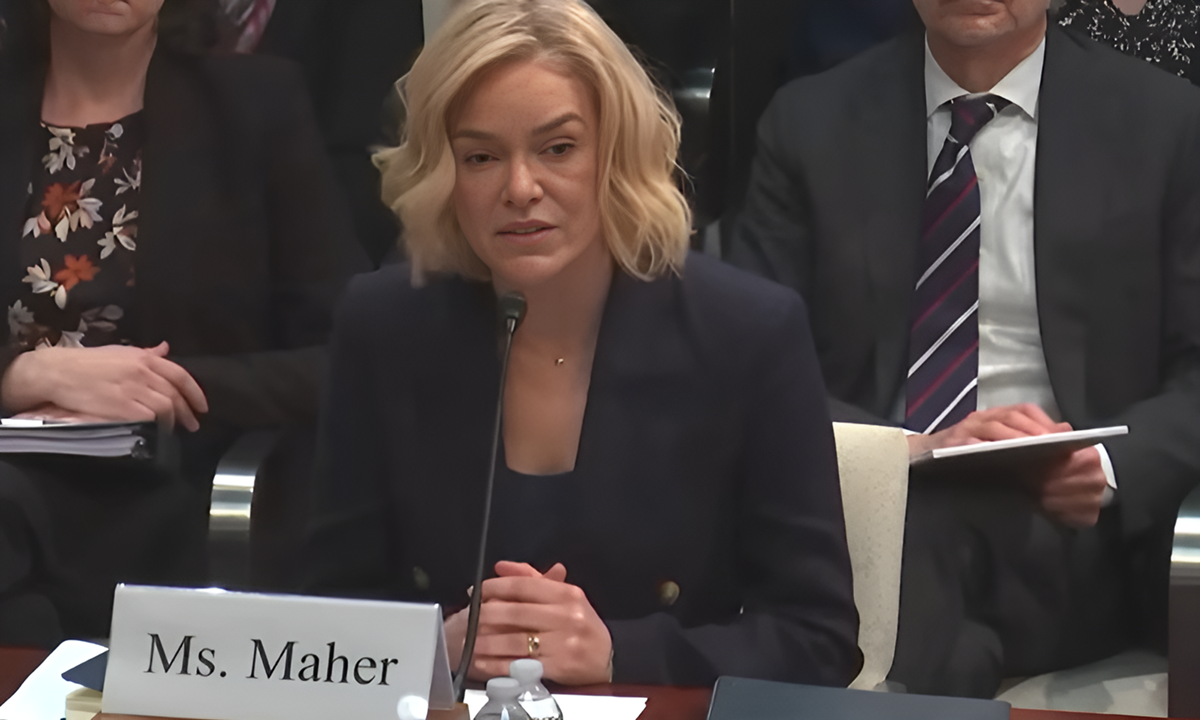In what has become a hot-button issue amongst conservative circles, a recent U.S. House committee hearing saw National Public Radio's (NPR) CEO, Katherine Maher, under rigorous questioning due to the network's handling of the Hunter Biden laptop story.
The hearing, initially convened to discuss NPR's federal funding, took an unexpected turn as Republicans, led by Rep. Michael Cloud (R-TX), posed pointed questions to Maher. The crux of the matter was the network's "All Things Considered" slogan, which critics argued did not seem to apply when covering the controversial Hunter Biden laptop story.
During a tense six-minute exchange, Maher was challenged to justify NPR’s approach to the story, which has been perceived by some as biased reporting. The Hunter Biden laptop saga, which arose during the 2020 election, carried implications for national security and was a significant point of contention.
The Hunter Biden laptop story, which emerged in the lead-up to the 2020 U.S. Presidential election, involved potentially damaging emails allegedly sourced from a laptop believed to belong to Hunter Biden, son of then-presidential candidate Joe Biden. The story was seen as a potential game-changer in the fiercely contested election, and the way media outlets chose to handle the story was scrutinized for potential bias.
The recent hearing is now seen as a testament to the ongoing debate over media bias, with conservatives arguing that NPR, which is partially funded by federal tax dollars, should maintain a neutral stance in its news coverage.





